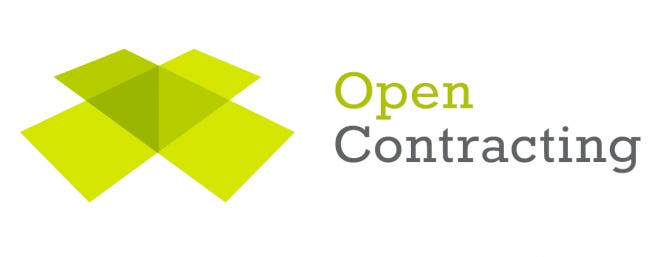
Following a one year stalemate due to disputes between the owners of the kiosks and Kabale Municipal Council, the reconstruction of the Kabale Central Market began finally kicked off in December 2019.
Chongqing International Construction[CICCO], a Chinese firm, has been contracted to rebuild the market at UGX 23 billion. The contract was signed on October 1, 2019, by Ben Kamugisha, Permanent Secretary of the Ministry of Local Government in Kampala.
Kamugisha refused to disclose to the other companies that competed for the work.
The market redevelopment is directly funded under the Market and Agriculture Trade Improvement Program (MATIP2) by the African Development Bank.
This contract award comes after protests had broken out when Joseph Bagonza, Kabale Town Clerk, issued a notice calling on all traders to vacate the market by May 1, 2019, to pave the way for the demolition of existing structures.
On August 22, 2019, the Kabale High Court, presided by Justice Moses Kawumi Kazibwe, issued an interim order barring the Kabale Municipal Council and its agents from relocating traders and demolishing the central market until February 2020, the date the appeal.
Notwithstanding court order, authorities led by Municipality Town Clerk Joseph Bagonza Monday and Mayor Emmanuel Sentaro Byamugisha demolished the market on August 24, 2019, moving traders to the former Kabale Police Barracks Playground and Mwanjari in the old Kabale Municipal Cemetery.
In a miscellaneous application number (NO.0075/2019 and №0024/2018), the traders accused Kabale Municipality of defying the extension of the High Court’s interim order, which prohibited them from carrying out market eviction and demolition until February 11, 2020.
In a ruling read on Thursday, December 5, High Court Judge Moses Kawumi Kazibwe ruled that the authorities disobeyed the lawful order of the court in favor of the Kabale Central Traders Association. Kazibwe also ruled that, following the complainant’s appeal, the authorities used intimidation by ordering law enforcement officers to forcefully remove iron sheets from the lock-up stores.
Justice Kazibwe ordered Kabale Municipality to pay the association a fine of UGX 150 million as general damages as well as other costs incurred in the application.
Public Procurement Problems in Uganda.
Public procurement is where power and money are. It, therefore, comes as no surprise that, in Uganda, as elsewhere in the world, public procurement frequently suffers from difficulties and delays, such as the situation in the Kabale region.

These delays damage the credibility of all stakeholders involved in procurement. They lead to a waste of already scarce public resources; moreover, if contracts are not awarded on time or completed late, this results in poor delivery of public goods and services as well as time and cost overruns.
What is Open Contracting

Open contracting involves publishing and using open, accessible, and timely government procurement information to engage citizens and businesses in identifying and addressing issues. Public disclosure and participation are critical mechanisms for improving the management of public resources.
Open contracting covers the entire procurement process, including planning, awarding, execution, implementing, and completion of public contracts.
It’s not a new contract management system, but a way of accessing and sharing data through existing systems.
Value of Open Contracting

Open Contracting is based on a number of key user needs: improving value for money, detecting red flags, tracking service delivery and creating a level playing field for companies to compete for contracts.
The Open Contracting Data Standard
Open Contracting provides for the standardized disclosure of information on public procurement through the Open Contracting Data Standard (OCDS). The OCDS focuses on the potential of open data to serve as a fraud-fighting tool.
However, the successful use of the data standard has the potential to improve operational procurement at all stages.
Adhering to the standard enhances the ability to move, compare, and analyze procurement data, makes record-keeping more efficient and enhances the quality of contract data.
Demonstrating the successful use of Data in Uganda

The Government Procurement Portal — GPP
The 2003 Public Procurement and Disposal of Public Assets Act 1 established the Public Procurement and Disposal Authority (PPDA) as the main regulatory body for public procurement and disposal in Uganda.
PPDA fully embraced the need for transparent contracting by creating the GPP Government Procurement Portal that publishes information on all significant phases of the procurement process, i.e., Planning, tendering, awarding, Contracting. The Portal also has an Open Data section where the public can download bulk data set for further analysis.
AFIC Open Data Dashboards
The Africa Freedom of Information Center (AFIC) has also extended PPDA’s attempts to publish data on public procurement by creating a highly interactive open data dashboard.
The dashboard analyzes procurement data based on core thematic areas such as competition level, time overruns, cost overruns, inclusiveness, and red flags.

In Conclusion
Disclosure of information on public procurement in time helps prevent situations such as the events in Kabale.











Social Profiles